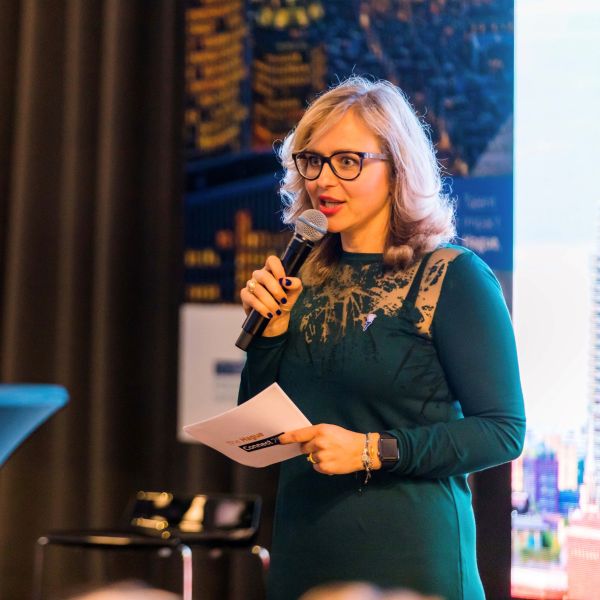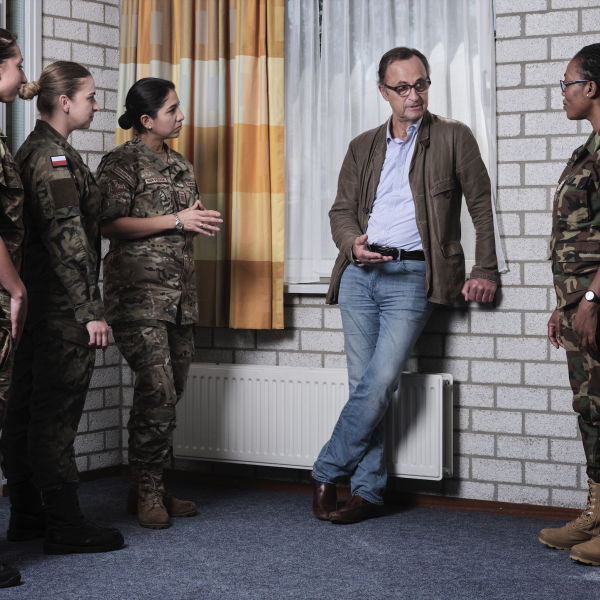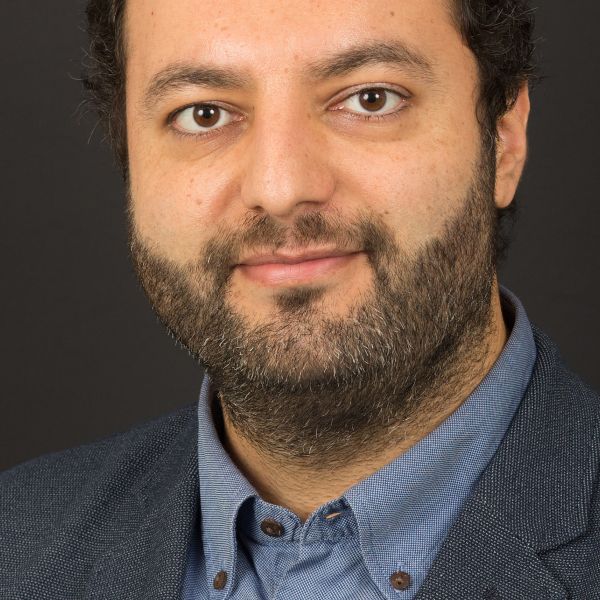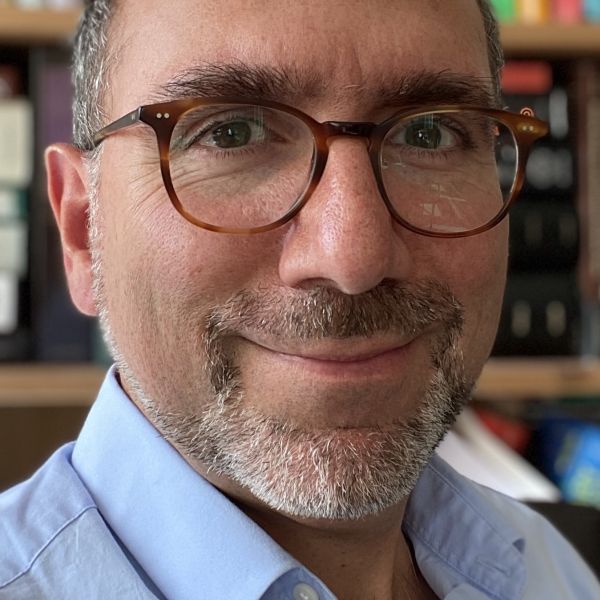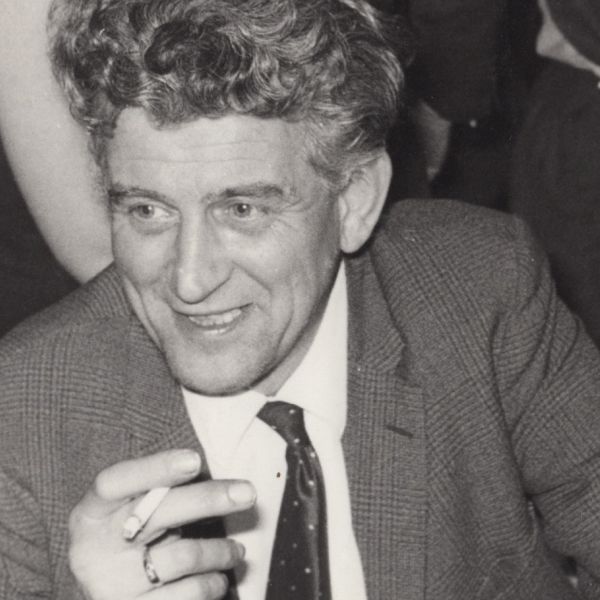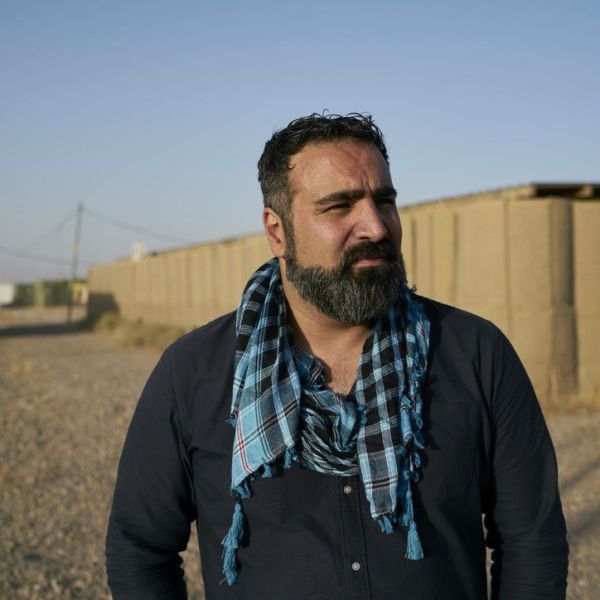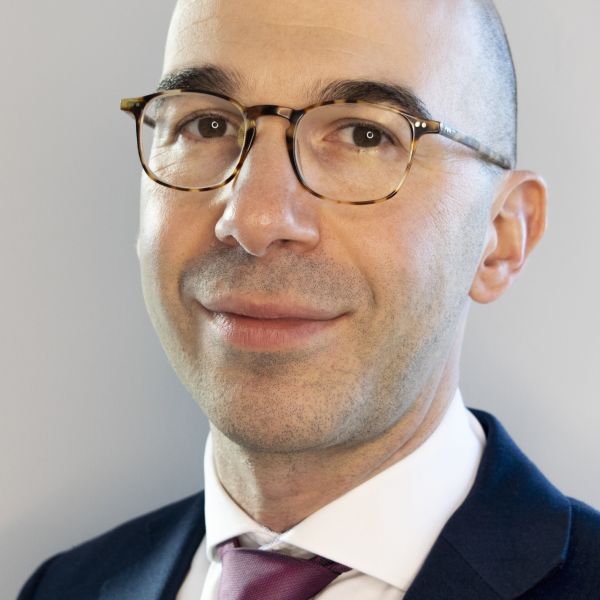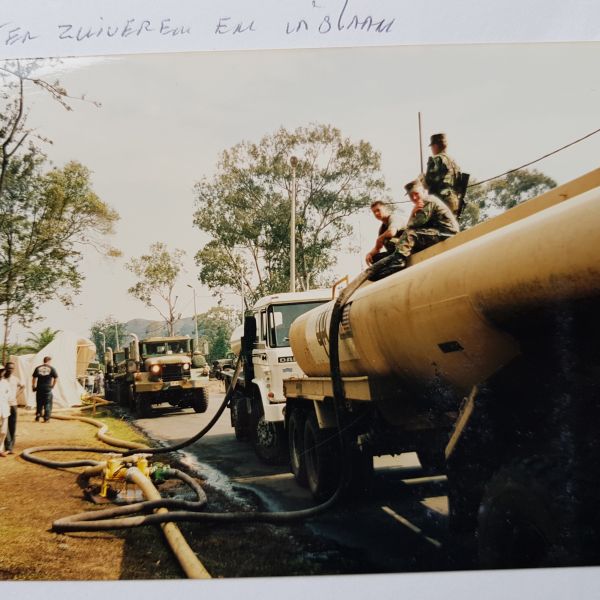75 years of UN in 75 stories: Marjolijn van Heemstra
Theatre-maker and author Marjolijn van Heemstra (1981) visited Gareth (Garry) Davis, who tore up his American passport and appeared before the United Nations to call for a world government. “With his story, I want to show how ridiculous the border system actually is.”

“Garry Davis questioned why borders exist”
Garry Davis tore up his American passport and made his own ‘world passport’. With this satirical action, Davis was in some sense putting the ideals of the United Nations into practice. Although the UN was not established to undermine the nation-state system, it does strive for unity and solidarity among the world population. In the Universal Declaration of Human Rights, which was adopted by the General Assembly on 10 December 1948 to advance human rights, Article 13 states:
1. Everyone has the right to freedom of movement and residence within the borders of each state.
2. Everyone has the right to leave any country, including his own, and return to his country.
“Garry Davis was a musical theatre actor who had been in World War II, and had dropped bombs over Germany. Those bombs killed many innocent civilians. He decided that the system of nation-states had turned him into a murderer and decided to question why we have borders at all.
“My number one question was how he had managed to keep fighting the system his whole life”
I came across his story when I was making the follow-up to my show Family ‘81, in which I tell the story of three people who were born on the same day as me, but in different parts of the world. When part 2 was finished, Souad from Lebanon, one of the main figures in the show, was denied a visa. I found that so asinine: everybody could come and listen to her life story, but she herself could not. So I decided to go look for ways to work around borders. That’s how I came across Garry Davis.
He was 91 when I visited him in America, and my number one question was how he had managed to keep fighting the system his whole life. ‘When I make sure to wear the right suit and when I know my lines, then people believe me.’ He saw it as one big performance.
For a long time, he was able to travel around the world with his self-made ‘world passport’, but since 9/11 he has been unable to cross a single border. Everything is so unbelievably locked down now. That’s something that has happened gradually and there are good reasons for it, no doubt, but it’s kind of crazy how fast we’ve all come to accept it. It’s good if we keep asking questions about it.
In the show that I made about him, I wanted to show how ridiculous borders actually are. We take them for granted, but you can also ask why. And that’s what Garry Davis did for his whole life. He just said: no, I’m not participating.”
“In my show about him, I wanted to show how ridiculous borders actually are”
There is only one place on earth where nearly all the nations of the world sit around the table: the United Nations. The UN focuses on issues that transcend the borders of countries or even affect the entire world, such as peace and security, climate change, education, health, cultural heritage, economic development, and more. To many, the work of the UN seems very abstract, but by engaging with rescue workers, peacekeepers, aid workers, diplomats, eyewitnesses, soldiers, and others involved with the UN, it becomes clear how important the work of this organization is. This is exactly what Humanity House has done. Unfortunately, this organization had to close its doors, but Just Peace and Museon-Omniversum have teamed up to preserve their stories. You can now find these stories on Just Peace's website, and some of them are also included in an exhibition about the UN at Museon-Omniversum.
The 75 Years of UN Stories were collected and curated by Frederiek Biemans for Humanity House.


